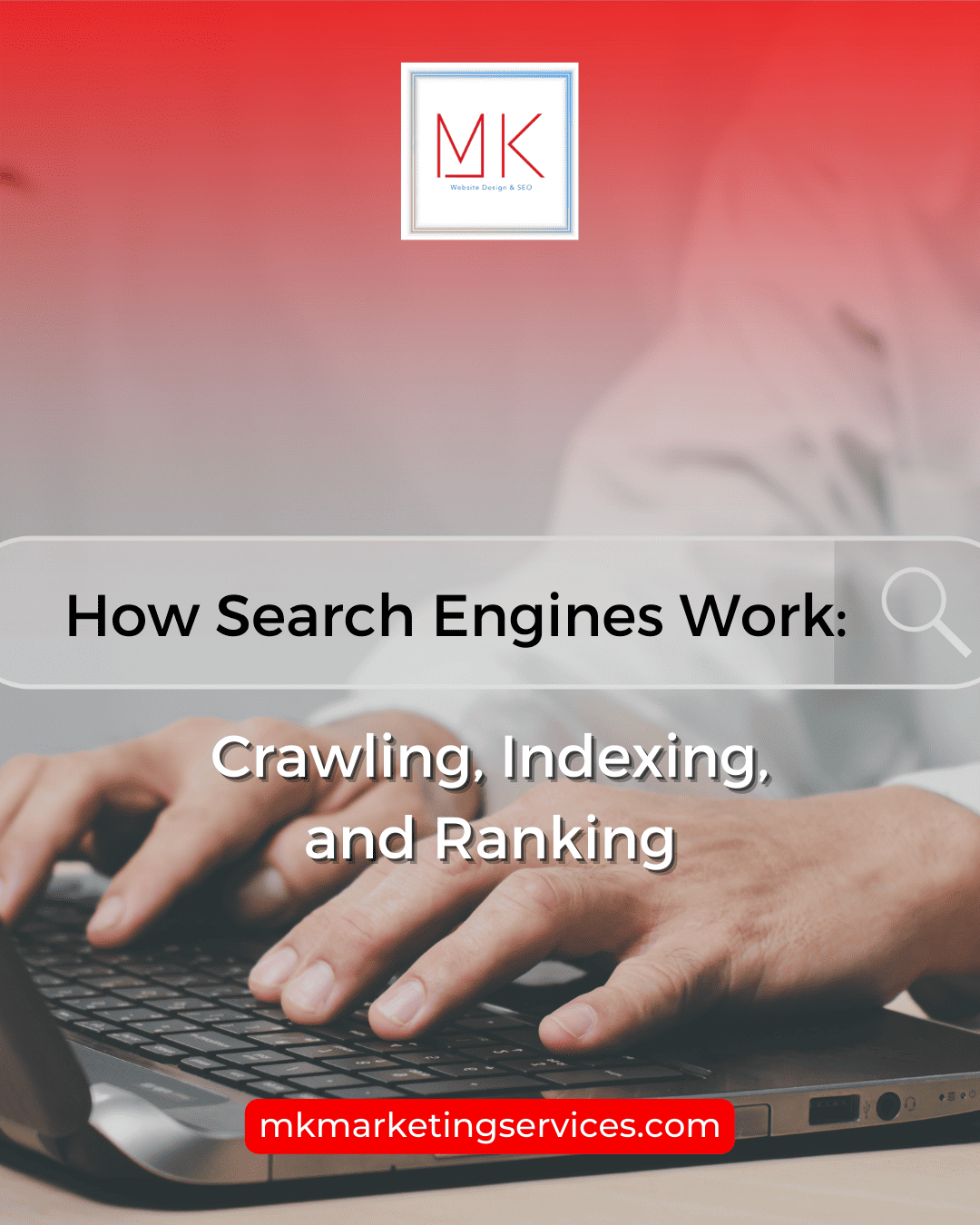Search Engines crawl and index before ranking web pages on the search results for a query by a user. The process is long, complicated, and one of the smartest digital procedures ever. But there is simple to understand the three methods of Google for improving your SEO strategy.
How do Search Engines work?
Google knows more than 100 trillion pages, and this number’s only direction is upwards. Plus, it is not the number of all the pages on Google because it does not crawl, index, or rank for many reasons. Google and Bing Search Engines have a transparent process and well-defined factors in determining if a page is worth spending resources on so it can be indexed and ranked. Let us find out more below!
1- Crawling
Search Engines have crawlers that work exactly like a spider builds a net. They go through every webpage on the World Wide Web weighing its worth from the perspective of the query asked by the user. They move from one page to another through website links.

Every successful website has many links on each of its web pages, some leading to other pages of the same webpage while some to external websites. It is done for crawlers to reach the following web pages easily.
Crawlers do not look at a website like users do. They see the DOM Model that covers the code of the page. As they move ahead, they keep saving links found on web pages in a queue to visit and evaluate later.
2- Indexing
Search Engines have an index database, where they add and keep information derived from crawlers about each webpage. There is filed the relevance and the nature of the content, and details about links on the index. About links, it includes anchor text of links, a map showing all the connected webpages, the location of links on the page, and more.
This database is kept so that when a user asks a query, the search engine can instantly go through the index, evaluate each page against the ranking factors, and show results with pages ranked.
3- Ranking
As mentioned above, search engines evaluate each webpage indexed for a query against ranking factors before showing results to the users. So, ranking is all about the following ranking factors, which are many. For example, Google has around 200 factors such as backlinks, user search intent fulfillment in the content, and others.

Relevance and importance are two of the most important things for search engines. Google relevance is how the content matches the search intent of the user. While preference is how credible and trustworthy the data on a webpage is. SEO helps website owners fulfill all these search engine requirements by creating top-notch content that users can find helpful.
Final Verdict
First, crawlers go through each webpage by following the links, then indexing the information in the database. The database is where all the ranking magic takes place before showing results for a query. Links and user search intent play the most significant role in the process.
If you want any help regarding digital marketing, MK Marketing Services can be a great company to contact.













